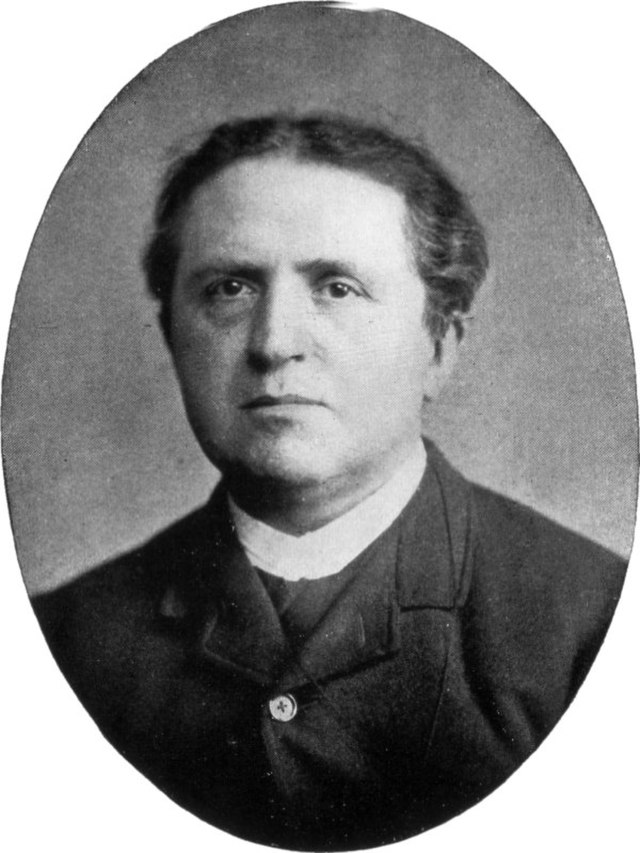
Abraham Kuyper 100 Years On
Not every edition of TBP will have a theme. This one does. 8 November 2020 was the centenary of Abraham Kuyper’s death. Kuyper was an extraordinary figure, and we include reflections on his work from several people, as well as a great deal of other material. More of Kuyper’s work than ever before is available in English, courtesy not least of Lexham’s publication of the Collected Works of Abraham Kuyper in Public Theology.
Abraham Kuyper (1837-1920) was converted through reading the best-selling Anglo-Catholic novel, Charlotte Yonge’s The Heir of Redclyffe, given to him by his fiancée while he was doing his Doctorate at Leiden University in theology. He served as a pastor and later entered public life as a parliamentarian. With colleagues he founded a political party, became the prime minister, founded a new church denomination, published prolifically, founded new magazines, and helped set up the Free University of Amsterdam of which he was professor of theology and Rector.
Kuyper famously said: “Oh, no single piece of our mental world is to be hermetically sealed off from the rest, and there is not a square inch in the whole domain of our human existence over which Christ, who is Sovereign over all, does not cry: ‘Mine!’”(1) In his life, extensive writings, and his work Kuyper sought to embody this comprehensive vision with Christ at its heart.
Kuyper died just after the conclusion of World War I, and he would have had little idea of what lay in store for the 20th century. For all its good gifts and progress the twentieth century has been described as the most brutal in history. One needs only to think of World War I, the Great Depression, the rise of communism, Stalin’s brutal rule, World War II, secularism, the nuclear race, the environmental crisis, etc. By the end of the 20th century a state of exhaustion and despair had set in.
One hundred years after Kuyper’s death, and we are well into the 21st century. An astonishing characteristic of our times is the renaissance of religion, especially in the majority world. Religion has made a major comeback, especially that of Islam and Christianity. Alas, it is too often a privatized form of Christianity that has little idea how to relate Christianity to all of life, or what we call public theology. We desperately need resources that will help us as we think through and practice all of life coram Deo, before the face of God. Kuyper is a major resource in this respect. Indeed you could argue that his time has now come.
Dr. Broughton-Knox used to say to me that when we gather around Christ, he stands with his face towards his world. We who gather around Christ are called to spread abroad the fragrance of Christ and to enhance his reputation in all aspects of our lives and cultures. Thus, we are glad to launch our magazine with an engagement with Kuyper, exploring positively and critically what we can learn from him today, as we too seek to regain a comprehensive vision of Christ as Lord of all.
The Kirby Laing Centre for Public Theology in Cambridge. Charity registered in England and Wales. Charity Number: 1191741
Kirby Laing Centre, The New Mill House, Unit 1, Chesterton Mill, French’s Road, Cambridge, CB4 3NP
© 2022 The Kirby Laing Centre for Public Theology in Cambridge